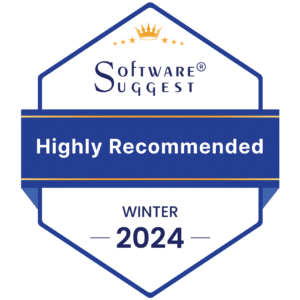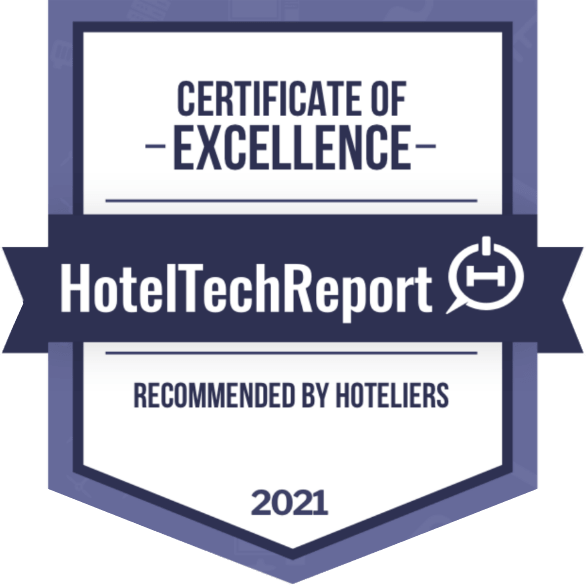Table of Contents
ToggleAs the hospitality industry evolves after the pandemic, it’s more important than ever for hotels to streamline their day-to-day operations to improve efficiency, enhance the guest experience, and increase revenue. Here are some ways to streamline operational tasks for your hotel.
Creating a Roadmap for Hotel Operations
Creating a roadmap for hotel operations helps prioritize tasks and initiatives, improve communication, and ensure everyone is working towards the same goals. This can also help identify areas for improvement and reduce inefficiencies. Identify tasks that are performed repeatedly and consider automating them. For example, using a property management system (PMS) can automate guest check-in and check-out, invoicing, and room assignment tasks.
How Digital Tools and Mobile Technology are Streamlining Operations
Utilizing digital tools and mobile technology can streamline operational tasks for your hotel and enhance the guest experience. This includes implementing mobile check-in and keyless entry, using guest messaging platforms, and providing digital guest directories. For instance, online booking systems, channel managers, and revenue management software can help you manage reservations, room rates, and availability across different channels.
Simplify Booking Management with a Cloud-Based Solution
Managing room blocks can be time-consuming and complex, but implementing a simple and streamlined process can save time and reduce errors. Utilizing cloud-based hotel management software can simplify room block management and provide real-time updates on room availability, bookings, and cancellations.
Streamlining Processes Through Integrations
Implementing a streamlined business process can improve efficiency, reduce downtime, and extend the life of hotel assets. This can be achieved by adopting automated operations and optimizing workflows to ensure hotel operations run seamlessly. Integrating a property management system with third-party applications of your choice can also contribute to the hotel’s success.
Maximizing Revenue in a Competitive Market
Implementing a dynamic pricing strategy can improve revenue management and help hotels maximize profits. With real-time, automatic rate optimization, hotels can adjust rates dynamically in response to demand fluctuations, ensuring they are competitively priced. Accurate forecasting is another critical aspect of revenue management, allowing hotels to price confidently and prepare for high-demand seasons and special events. By leveraging automated revenue management tools incorporating accurate forecasting and real-time rate optimization, hotels can achieve higher profits while maintaining a competitive edge in the marketplace.
Providing Personalized Service that Exceeds Expectations
Building a loyal customer base is vital to success as far as any business is concerned; this is especially true in the hospitality industry. Treating customers like kings by providing personalized and exceptional service can lead to repeat business, positive reviews, and increased revenue. This includes helping customers with bookings, implementing guest feedback programs, providing personalized recommendations, and exceeding guests’ expectations.
Continuously monitor and optimize
Regularly review your operational processes and identify areas for improvement. Continuously monitor performance metrics such as occupancy rates, revenue per available room, and guest satisfaction to identify areas that need improvement and optimize your operations accordingly.
The Benefits of Investing in Employee Development
Investing in your team by providing ongoing training and professional development opportunities can improve employee satisfaction and productivity. Offering employees cross-training opportunities can provide valuable skills and experience while promoting a culture of growth and development, leading to a better guest experience, and reduced labor costs.
Implementing the steps mentioned above can significantly improve the efficiency of your hotel’s operations by streamlining day-to-day tasks. You can achieve a more productive and efficient operational workflow by automating repetitive tasks, adopting digital tools, training staff, and continuously monitoring and optimizing performance metrics. This can lead to a better guest experience and ultimately help your hotel to succeed in a highly competitive industry.

Chris Rios is a senior sales executive with over 15 years of experience, specializing in tailored solutions for the hospitality industry. A key player at roommaster, he’s contributed to transformative projects like the shift to roommaster Cloud, building strong client relationships along the way. Outside of work, Chris is a dedicated Brazilian Jiu-Jitsu competitor and an avid landscape painter. His passion and adaptability drive his success in helping hoteliers thrive.








